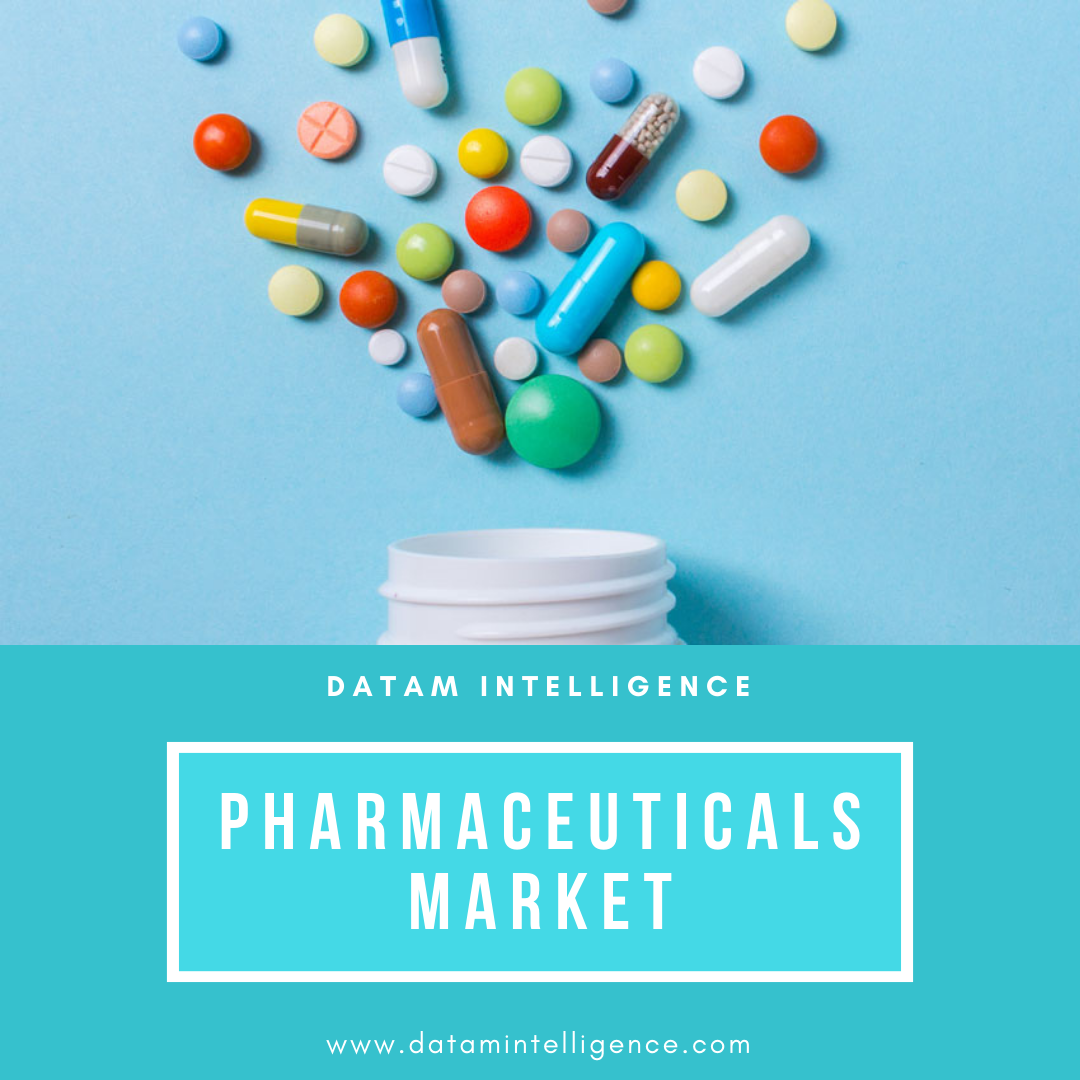
Cancer Monoclonal Antibodies Market Trends Drivers Volume Insights 2022
DMI segments the Global Cancer Monoclonal Antibodies Market by geography into – North America, South America, Europe, Asia-Pacific (APAC), and Middle East and Africa.
2020-11-30
Fully human monoclonal antibodies are conceptually less immunogenic than chimeric or humanized till the launch of pipeline product after2022. However, adalimumab, e.g., is known to induce ADA in up to 30% of the patients. In this case, these responses can be T-cells dependent, i.e. small linear sequences (9-mer) in the therapeutic protein may bind to the major compatibility complex activating the presentation to the compatible cells thus eliciting the immunogenic response. Advancement that increased the approval of therapeutic mAbs was the generation of humanized antibodies by CDR grafting technique, by this technique the non-human antibody sequences of the CDR were transplanted to a human framework sequence (CDR grafting technique) expecting the maintenance of the specificity to the target.
Bispecific antibody (third generation) aided in the increase of mAbs half-life and therapeutic potential. Bispecific antibodies are comprised of two distinct antigen-binding regions and binds to two distinct antigens consecutively. Shorter antibody fragments have been developed such as monovalent scFv (30 kDa) and divalent (scFv) (60 kDa) with antigen binding specificity for the respective antibody. Humanized antibody contains >90% of human sequences and produced by the fusion of DNA for three CDRs of mouse variable domain into human IgG structure. Fully humanized antibodies are constructed with the use of transgenic mice having human Ig or phage display technique.
Modern anti-cancer therapy involves the use of monoclonal antibodies which, once administered to the patient, will selectively and efficiently, target a particular protein involved with the proliferation of tumor cells. TACE/ADAM17, Cathepsin S and Urokinase Plasminogen Activator – the proteins show an abnormally high expression in cancer cells. This makes them the perfect targets for inhibition through the use of monoclonal antibodies. A novel therapeutic uPAR antibody was developed, ATN-658, which has been capable of exhibiting reliable anti-tumor effects across a variety of tumor models. ATN-658 has been proven to inhibit invasion, metastasis and tumor proliferation as well as induce apoptosis. In uPAR's DIII domain, there is a small 6-mer disulfide loop near the glycolipid anchor, which serves as the antibody's epitope.
The Prostate Cancers market is valued at USD$6,521.9 Mn in 2019 and is estimated to grow at a CAGR of 8.3% over the forecast period to reach a USD$11,376.5 Mn by 2026.
The Prostate Cancers segment holds 16.0% of the market share in 2019, and is expected to be 14.8% by 2026, for Global Cancer Monoclonal Antibodies Market. Prostate cancer is the second most commonly occurring cancer in men and the fourth most commonly occurring cancer overall. There were 1.3 million new cases in 2018 Prostate cancer is cancer that occurs in the prostate — a small walnut-shaped gland in men that produces the seminal fluid that nourishes and transports sperm.
Complications of prostate cancer and its treatments include:
-
Cancer that spreads (metastasizes). Prostate cancer can spread to nearby organs, such as your bladder, or travel through your bloodstream or lymphatic system to your bones or other organs. Prostate cancer that spreads to the bones can cause pain and broken bones. Once prostate cancer has spread to other areas of the body, it may still respond to treatment and may be controlled, but it's unlikely to be cured.
-
Incontinence. Both prostate cancer and its treatment can cause urinary incontinence. Treatment for incontinence depends on the type you have, how severe it is and the likelihood it will improve over time. Treatment options may include medications, catheters and surgery.
Cancer is the second leading cause of death globally, and is responsible for an estimated 9.6 million deaths in 2018. Globally, about 1 in 6 deaths is due to cancer. The most common cancers are:
-
Lung (2.09 million cases)
-
Breast (2.09 million cases)
-
Colorectal (1.80 million cases)
-
Prostate (1.28 million cases)
-
Skin cancer (non-melanoma) (1.04 million cases)
-
Stomach (1.03 million cases)
Advancement that increased the approval of therapeutic mAbs was the generation of humanized antibodies by complementary-determining region (CDR) grafting technique, by this technique the non-human antibody sequences of the CDR were transplanted to a human framework sequence (CDR grafting technique) expecting the maintenance of the specificity to the target. Rising incidences of cancer day by day, increasing awareness about the early diagnosis, effectiveness of the therapy, treatment of cancer amongst the people globally, and increasing aging population are some of the major factors driving growth of the global cancer immunotherapy market. Factors restraining the global cancer immunotherapy market is the high attrition rate present in product development cycle, to be more specific about restraints, cancer cannot be treated just once so, depends upon the type of cancer and type of patients, accordingly the attrition rate in development of new drugs and treatment is extremely high.
Found it interesting?
Sai Kiran
Sales Manager at DataM Intelligence
Email: [email protected]
Tel: +1 877 441 4866
We have 5000+ marketing reports and serve across 130+ countries
#cancer monoclonal antibodies market, #cancer monoclonal antibodies market size, #cancer monoclonal antibodies market share, #cancer monoclonal antibodies market trends, #cancer monoclonal antibodies market value, #cancer monoclonal antibodies market growth, #cancer monoclonal antibodies market demand, #cancer monoclonal antibodies industry forecast, #cancer monoclonal antibodies market outlook, #cancer monoclonal antibodies market analysis, #cancer monoclonal antibodies market applications, #cancer monoclonal antibodies market companies, DataM Intelligence
